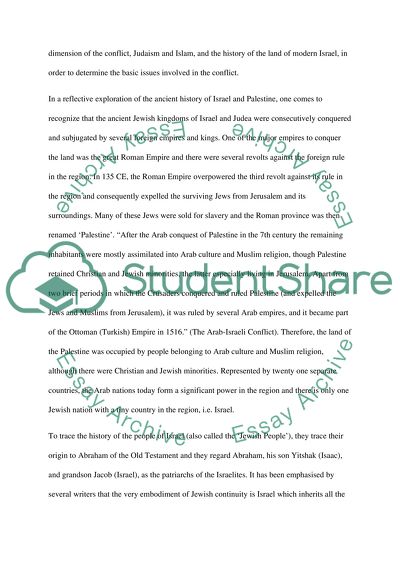Cite this document
(The Conflict Between the Arabs and Jews Assignment, n.d.)
The Conflict Between the Arabs and Jews Assignment. https://studentshare.org/politics/1523474-the-conflict-between-the-arabs-and-jews
The Conflict Between the Arabs and Jews Assignment. https://studentshare.org/politics/1523474-the-conflict-between-the-arabs-and-jews
(The Conflict Between the Arabs and Jews Assignment)
The Conflict Between the Arabs and Jews Assignment. https://studentshare.org/politics/1523474-the-conflict-between-the-arabs-and-jews.
The Conflict Between the Arabs and Jews Assignment. https://studentshare.org/politics/1523474-the-conflict-between-the-arabs-and-jews.
“The Conflict Between the Arabs and Jews Assignment”. https://studentshare.org/politics/1523474-the-conflict-between-the-arabs-and-jews.


